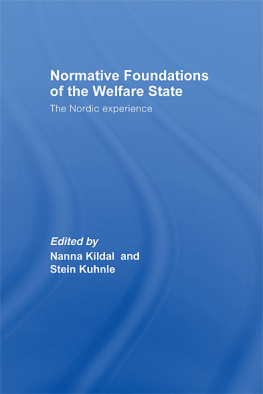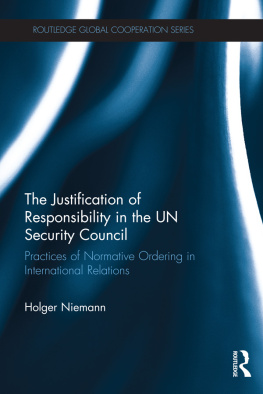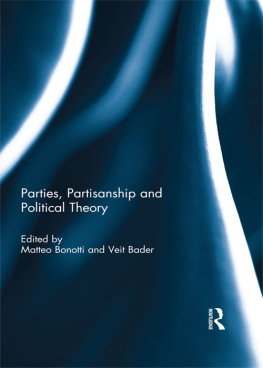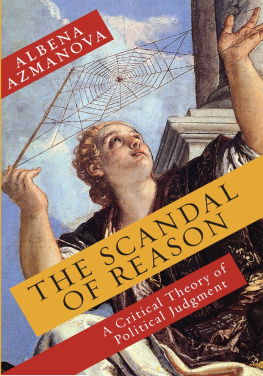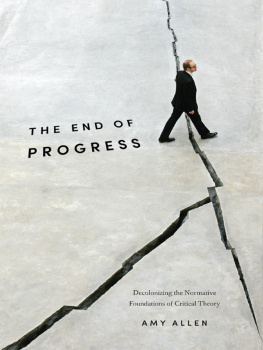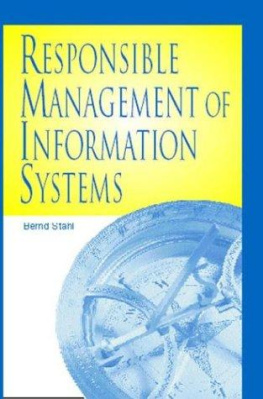OXFORD MORAL THEORY
Confusion of Tongues
Series Editor
David Copp, University of California, Davis
Drawing Morals: Essays in Ethical Theory
Thomas Hurka
Commonsense Consequentialism: Wherein Morality Meets Rationality
Douglas W. Portmore
Against Absolute Goodness
Richard Kraut
The Lewd, the Rude and the Nasty
Pekka Vyrynen
In Praise of Desire
Nomy Arpaly and Timothy Schroeder
Confusion of Tongues: A Theory of Normative Language
Stephen Finlay

(p.iv) 
- Oxford University Press is a department of the University of Oxford.
- It furthers the Universitys objective of excellence in research, scholarship,
- and education by publishing worldwide.
- Oxford New York
- Auckland Cape Town Dar es Salaam Hong Kong Karachi
- Kuala Lumpur Madrid Melbourne Mexico City Nairobi
- New Delhi Shanghai Taipei Toronto
- With offices in
- Argentina Austria Brazil Chile Czech Republic France Greece
- Guatemala Hungary Italy Japan Poland Portugal Singapore
- South Korea Switzerland Thailand Turkey Ukraine Vietnam
- Oxford is a registered trademark of Oxford University Press
- in the UK and certain other countries.
- Published in the United States of America by
- Oxford University Press
- 198 Madison Avenue, New York, NY 10016
- Oxford University Press 2014
- All rights reserved. No part of this publication may be reproduced, stored in a
- retrieval system, or transmitted, in any form or by any means, without the prior
- permission in writing of Oxford University Press, or as expressly permitted by law,
- by license, or under terms agreed with the appropriate reproduction rights organization.
- Inquiries concerning reproduction outside the scope of the above should be sent to the
- Rights Department, Oxford University Press, at the address above.
- You must not circulate this work in any other form
- and you must impose this same condition on any acquirer.
- CIP data is on file at the Library of Congress.
- 1 3 5 7 9 8 6 4 2
- Printed in the United States of America
- on acid-free paper
(p.vii) Acknowledgments
Work on this book began in 2008 with the support of a Charles A. Ryskamp Research Fellowship from the Mellon Foundation and American Council of Learned Societies, and finished in 2013 with the support of a fellowship from the National Endowment of the Humanities. Without this generous funding its hard to imagine how it could have been written. But the ideas proposed here have been developing since at least 1999 and my Ph.D. dissertation at the University of Illinois, Urbana-Champaign, under the guidance of James Wallace, Gary Ebbs, Jeff McMahan, and Richard Schacht. I have therefore benefited from many more people than I could possibly remember or name, and I apologize to those whose assistance isnt acknowledged below.
Those to whom I am indebted for their comments on this manuscript include Matthew Chrisman, Brian Coffey, David Copp, Janice Dowell, Daan Evers, Karen Lewis, Mike Ridge, Jake Ross, Mark Schroeder, Kadri Vihvelin, Ralph Wedgwood, David Wolfsdorf, Gideon Yaffe, an anonymous reviewer for Oxford University Press, audiences of numerous talks over the last few years (particularly the philosophy department at Ume University for inviting me to present the 2012 Burman Lectures in Philosophy), and the participants in graduate seminars I taught at the University of Southern California in the fall of 2009 and the spring of 2012: Rima Basu, Josh Crabill, Justin Dallman, Ryan Gillespie, Rishi Joshi, Nick Laskowski, Ben Lennertz, Alida Liberman, Matt Lutz, Michael Milona, Shyam Nair, Caleb Perl, Abelard Podgorski, Jason Raibley, Indrek Reiland, Sam Shpall, Kenneth Silver, Justin Snedegar, Ryan Walsh, and Aness Webster. I have also benefited from conversations with Gunnar Bjrnsson, Kenny Easwaran, Allan Gibbard, Jim Higginbotham, Angelika Kratzer, and Barry Schein. The appendix to Chapter partly draws on an earlier paper cowritten with Gunnar Bjrnsson, Metaethical Contextualism Defended, Ethics 121 (2010), pp. 736.
Special thanks are due to Mark Schroeder for constant encouragement and advice, which kept me going whenever I began to doubt myself, Gideon Yaffe for many years of friendship and organizing a one-day workshop on the manuscript, David Copp for inviting it for the Oxford Moral Theory series, and Mike Ridge for reading the entire manuscript and providing extensive comments not (p.viii) once but twice. Perhaps needless to say the many flaws that remain are nobodys fault but mine. I dont consider this project as finished so much as having run out of time. Its rightly been said that a metaethicist is a jack of all trades: this book has an ambitiously wide scope, wading amateurishly into many issues (at least in semantics, pragmatics, moral psychology, and probability, not to mention in metaethics) on which there are now large and sophisticated literatures. If I had attempted to master all these literatures this book would never have been completed or published. I sincerely apologize to all those whose work I ought to have read or cited but havent, and hope any errors or oversights arent too serious.
My greatest debts are to my wife Sarah and my daughters Ashleigh, Jorja, and Alex, for their patience, sacrifices, and love. They are my Reasons for everything, and I dedicate this book to them.
Introduction
Abstract and Keywords
This chapter introduces the myth of the Tower of Babel as providing allegories for two central themes of the book: that both moral and metaethical disagreements in different ways involve a confusion of tongues. The Euthyphro Question marks a fundamental controversy in metaethics: is normativity prior to desire, or vice versa? Metaethical theories must balance the objectivity of morality against its practicality. An analytic method of semantic and conceptual analysis is proposed, and a series of challenges surveyed: from primitivism, expressivism, synthetic naturalism, and revisionism. G. E. Moores Open Question argument is criticized, and a strategy outlined of providing the simplest and most conservative explanation of the data.
Keywords: metaethics, objectivity, desire, semantic analysis, conceptual analysis, Moore, moral disagreement, normativity, analytic method
This book is about the meaning and use of normative language, in particular the words good, ought, and reason, which are of central interest to moral and practical philosophy. In the first half of the book I take a linguistic approach, arguing that the evidence from various ordinary uses consistently points toward a unifying semantics for normative words as end-relational. According to this theory, normative words refer to probabilistic relations in which things stand to particular ends or potential states of affairs that vary from context to context. In the second half, I address the distinctive features of peculiarly moral and deliberative uses of this language in speech and thought. These are broadly classifiable as forms of either practicality or objectivity, and largely comprise the central problems of metaethics. I demonstrate that the end-relational theory accommodates and explains these features systematically by appeal to basic principles of conversational pragmatics, concerning the way we use normative language in pursuit of our purposes.


